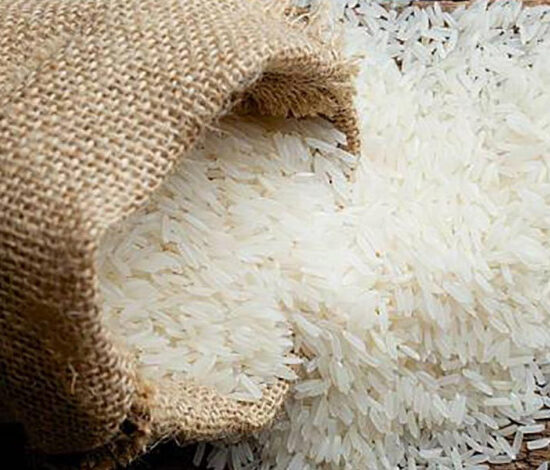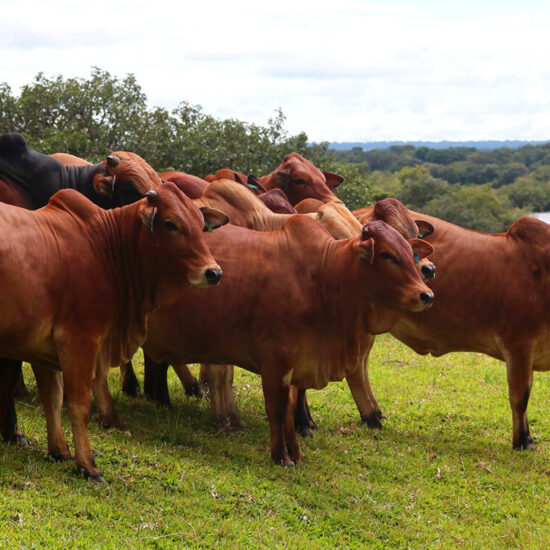
The Crushers and Edible Oil Refiners Association (CEDORA) says it has acquired about 250, 000 metric tonnes of soya beans that it will process into cooking oil locally.
Association Director Aubrey Chibumba said atleast 45, 000 metric tonnes of refined cooking oil would be processed from the 250, 000 metric tonnes soya beans.
He noted that the country’s demand for cooking oil is about 200, 000 metric tonnes per year and the country only produces around 80, 000 metric tonnes of cooking oil and the rest is imported as refined cooking oil.
Speaking in an interview with the Zambian Business Times-ZBT, Chibumba added that the country imports around 120, 000 metric tonnes of refined cooking oil every year in order to meet the demand.
Chibumba mentioned that the country produced about 410, 000 metric tonnes of soya beans in the last season and of that quantity, about 40, 000 metric tonnes was earmarked for export but only 20, 000 metric tonnes was exported.
He explained that there was a balance of 20, 000 metric tonnes left from what was earmarked for exports and it was all finished therefore the country consumed around 380,000 metric tonnes of soya beans last year.
Chibumba said the expectation is that this year’s consumption should increase adding that this year the country may consume between 400, 000 and 430, 000 metric tonnes of soya beans.
Some Oilseed stakeholders had resolved to export 100, 000 metric tonnes of raw soya beans, a decision CEDORA is against because the country has installed capacity to process all the soya produced this year.
Chibumba had earlier told the ZBT that the association members currently have installed capacity of a million tonnes of soya, so the country can process the whole 475, 000 metric tonnes of soya beans that has been produced this year, but some people in the value chain need to trade soya beans for their own reasons or interests.
He explained that it is understandable that everyone in the value chain has to benefit but the association members have invested over $500 million to put up crushing and manufacturing facilities in Zambia but people who have not made any investment are trying to dictate what happens in the sector, which should not be allowed.
“In every other sector, the emphasis is on value addition so why should this be different, we have got the capacity to process all the produce but we don’t want to look as if we are trying to manipulate the prices, so we understand that a reasonable quantity of beans could be exported”, he said.







